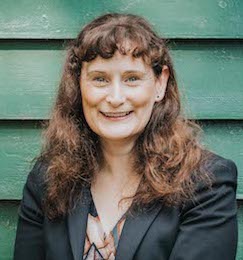Mind the [rural] funding gap
Many community groups, parish and town councils, charities and social enterprises have relied upon grants programmes at one time of another to help them do something to improve their local community and the lives of residents most in need. This funding may have been from a Local Authority, Government, a non-departmental public body or charitable […]
Just how much is nature worth?
Back in 2011, the government published the UK’s first National Ecosystem Assessment. Intended as a ground breaking report, it put a cash price on the environmental services provided by nature. While this concept of pricing ecosystem services and allowing them to be bought and sold has gained recognition, are we obscuring nature’s true value and […]
Growing challenge of the rural elderly
One in five elderly people in the UK feels they have no-one to turn to, according to the Campaign to End Loneliness. So what can be done to tackle loneliness in older people in the countryside? Jessica Sellick investigates. Back in 2013 Defra published its Rural Ageing Research Findings.This profiled how older people in the […]
What’s (not) in the rural productivity plan
The government says its Rural Productivity Plan reaffirms its commitment to rural communities. But is it focusing on the right issues? And will it be supporting all rural communities? Jessica Sellick investigates. Back in September 2012 and under the strap line ‘new contract to give rural communities power to hold Government to account on rural […]
What future for coastal communities?
We are an island nation. None of us apparently lives more than seventy-five miles from the sea. Many people feel a strong connection to the coast – as a place for leisure and fishing or for trade, industry and power generation. Others recognise it as a place where the powerful force of nature is never […]



![regulation Going for [rural] growth – how can regulators make a difference?](https://ruralwords.co.uk/wp-content/uploads/2025/03/regulation-1024x683-128x68.jpg)

